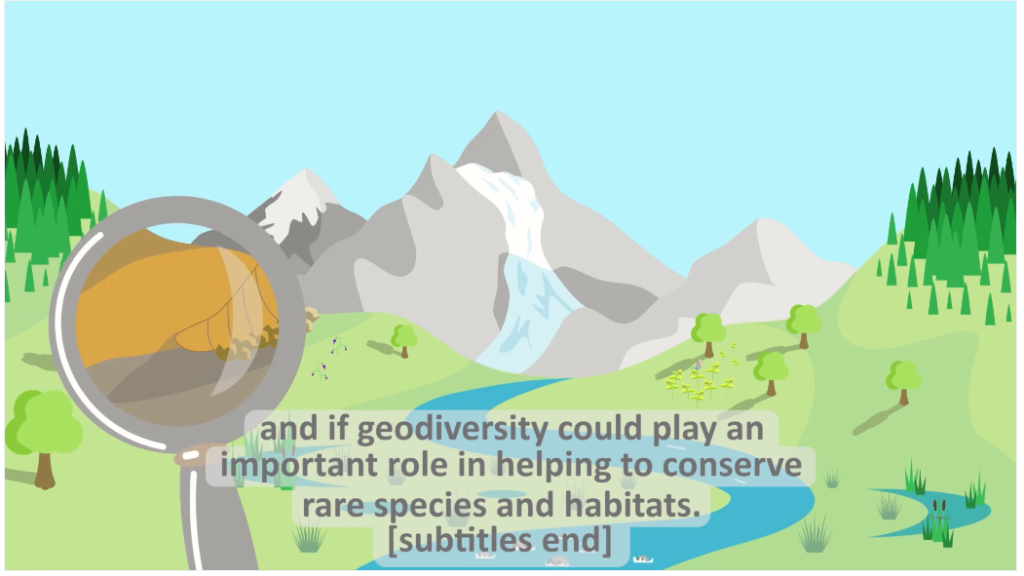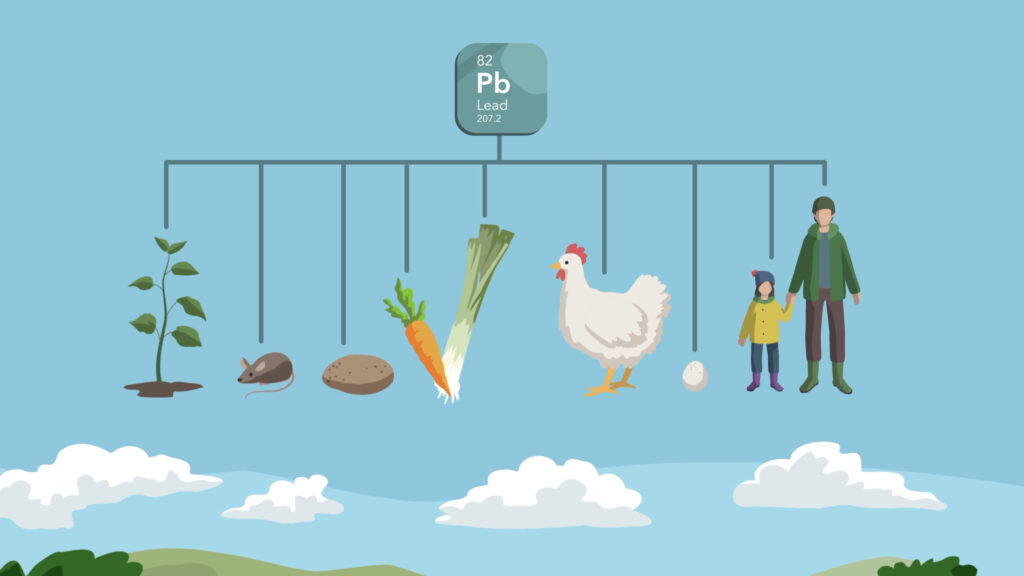Urbanisation is a major threat to biodiversity in the 21st Century. Over 4 billion people inhabit urban spaces and by 2050, this is predicted to increase by a further 2.4 billion. This will have a profound impact on a huge number of taxa, altering ranges, habitats, behaviours and phenotypes. Despite its negative impacts on biodiversity, […]
Read More
Biodiversity is essential for ecosystem services and resilience to global change, but is declining globally. Recent regulatory shifts requiring biodiversity reporting, offsetting and nature positive outcomes are creating a market for private finance of conservation. However, this is being hindered by lack of appropriate measurement methods for biodiversity. The supervisory team, collaborating with a wide […]
Read More
Antimicrobial resistance (AMR) is a major threat to humans, animals, and our environment. Often associated with overuse of antibiotics in human and livestock dominated environments, its wider environmental occurrence is poorly understood. Emerging evidence suggests that AMR genes (ARGs) are frequently identified in commensal organisms, such as members of host-associated and environmental microbiomes. To effectively […]
Read More
PhD: Herbivore-Plant-Soil microbe interactions: who is helping whom Location: Rothamsted Research, Harpenden, UK. Email Sandra Lucia Cortes Research Gate Twitter I am a Colombian researcher focused on sustainable agriculture. I worked for seven years as a technician in the laboratory of Soil Microbiology at the Colombian Corporation for Agricultural Research, Agrosavia. My research area involved […]
Read More
PhD: Fishing for parasite genomes: host-parasite co-evolution of an emerging salmonid disease Location: University of Nottingham Email Milind Mutnale Twitter I completed my BSc and MSc in Microbiology from India. My master thesis aimed at revealing haloarchaeal biodiversity present in invertebrates. After my MSc, I worked for 6 years as a project assistant on two […]
Read More
PhD: The ecological and evolutionary significance of functional variation in mitochondria in a wild animal Location: University of Nottingham. Email Megan Barnes Mitochondria are responsible for energy production. They carry their own DNA, separate to the nucleus. Although variation in this mitochondrial DNA has long been assumed neutral, recent findings suggest that it may be […]
Read More
PhD: Assessing the role of geodiversity in conserving biodiversity in agricultural Eurasian grasslands Location: University of Nottingham Email Lucy Benniston I am currently completing a PhD in the Geography department at the University of Nottingham. In my research I will assess the relationship between Biodiversity, the diversity of living things, and Geodiversity, which is the […]
Read More
The high Arctic is warming at an alarming rate, disrupting soil carbon, nutrient and hydrological cycles. This is resulting in increased soil microbial activity with subsequent increases in nutrient availability and hence plant productivity and nutrient losses to the wider environment. Losses of the greenhouse gases, nitrous oxide, methane and carbon dioxide result in a […]
Read More










